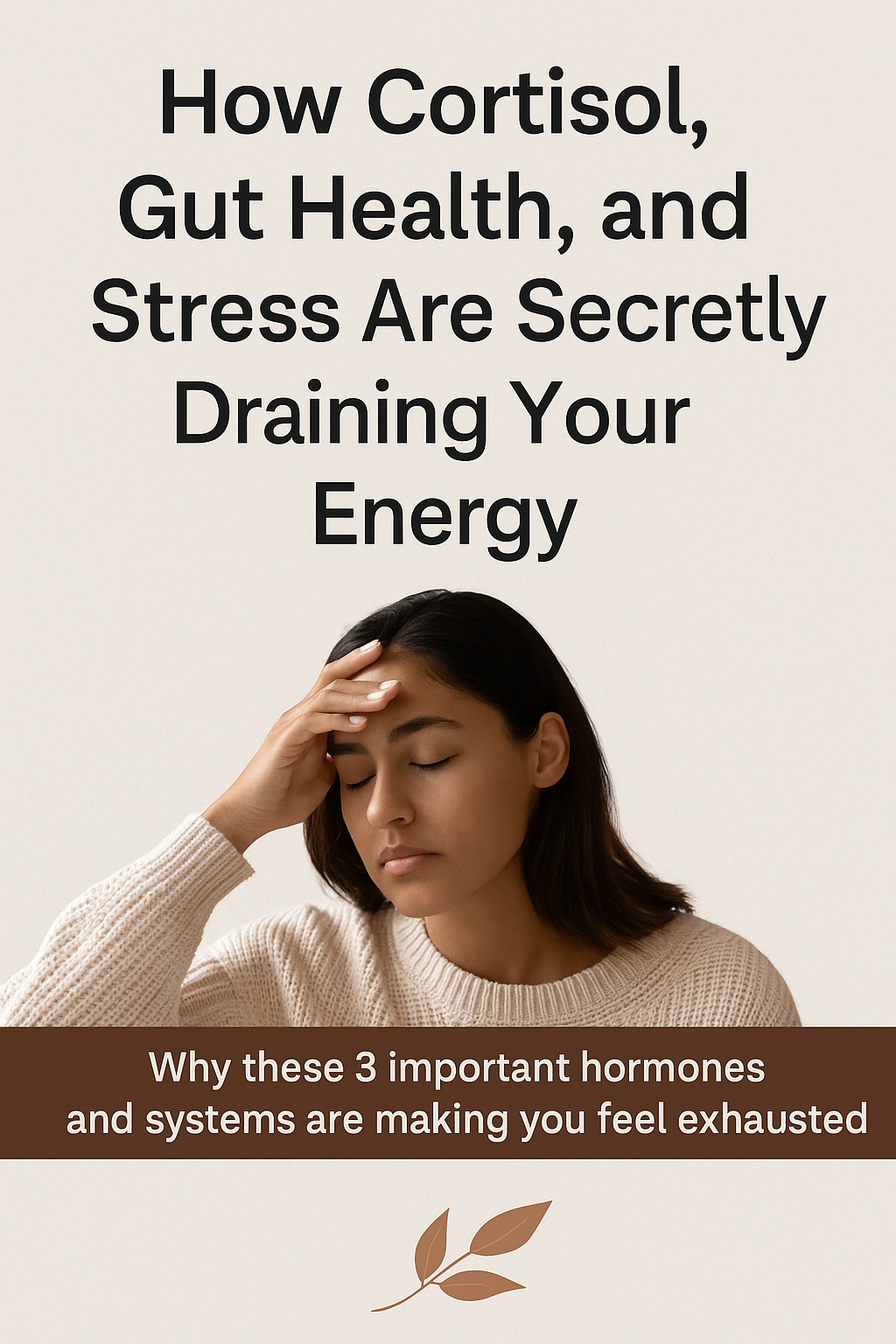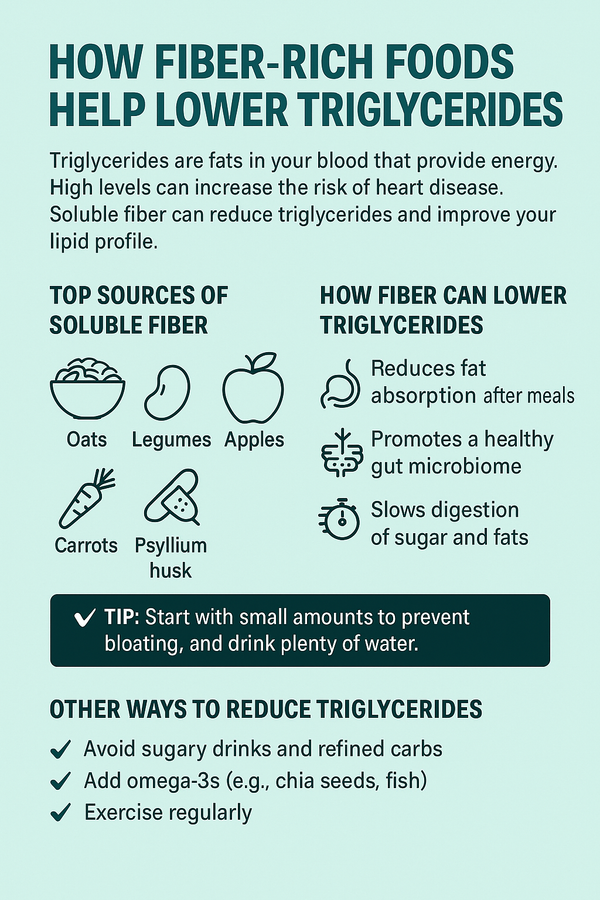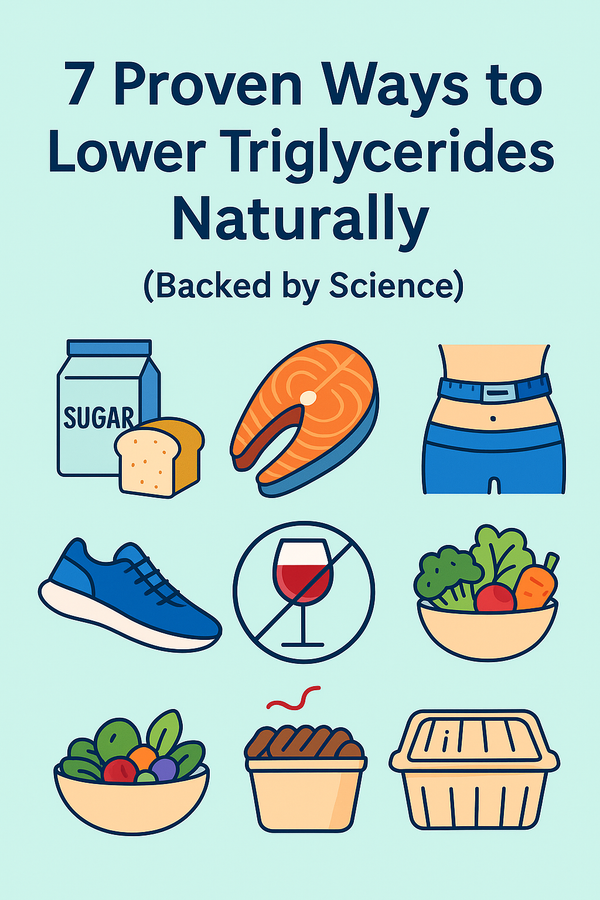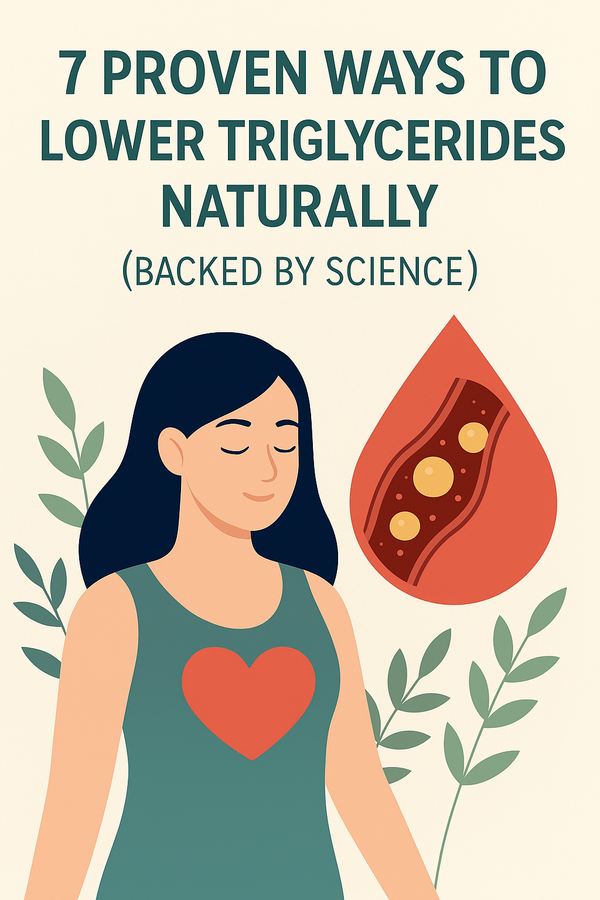How Cortisol, Gut Health, and Stress Are Secretly Draining Your Energy

Introduction: The “Tired But Wired” Feeling
Do you collapse into bed feeling exhausted but find yourself wide awake at 3AM? Or maybe you feel wired all day — anxious, jumpy, and unable to relax — even though you’re running on empty.
That strange fatigue + restlessness cycle?
It’s not “just stress.”
It could be cortisol dysregulation, and your gut may be deeply involved.
What Is Cortisol and Why Does It Matter?
Cortisol is your body’s main stress hormone. It’s released by your adrenal glands in response to physical or emotional stress.
In small bursts, it keeps you alert and focused.
But chronic stress = chronically elevated cortisol = burnout, weight gain, mood swings, and insomnia.
Especially for women, cortisol imbalances can show up as:
- Brain fog or short-term memory issues
- Midsection weight that won't budge
- Sugar or salt cravings
- Light sleep or early waking
- Anxiety or emotional reactivity
The Gut–Cortisol Connection (And Why It Matters)
Here’s what most people miss:
Your gut and stress hormones talk to each other constantly.
This is known as the gut-brain axis, and it plays a central role in how your body handles stress.
If your gut microbiome is imbalanced, it can:
- Increase cortisol production
- Reduce serotonin availability (your “calm and happy” brain chemical)
- Disrupt your sleep and energy regulation
Over time, this leads to a vicious cycle:
Stress → Gut imbalance → More cortisol → More stress.
Signs Your Cortisol and Gut Are Out of Sync
If you notice several of these symptoms, your body may be crying out for balance:
- Waking up tired, even after 8 hours of sleep
- 3PM crashes followed by late-night alertness
- IBS-like symptoms during stress
- Inflammation flare-ups (acne, rashes, joint pain)
- Craving caffeine or sweets just to function
How to Support Cortisol and Gut Balance Naturally
1. Add Gut-Supportive Foods
Eat more:
- Fermented foods (yogurt, kefir, sauerkraut)
- Prebiotics (onion, garlic, oats)
- Omega-3s (flaxseeds, walnuts, salmon)
2. Embrace a Nervous System Reset Routine
Daily stress-buffering habits can lower cortisol over time:
- 10 minutes of deep breathing
- Short walks outdoors
- Magnesium-rich snacks before bed
- Limiting phone/light exposure at night
3. Prioritize Restorative Sleep
Even 30 minutes less blue light at night, or a consistent sleep-wake cycle, can make a noticeable difference in cortisol rhythm and energy the next day.
Final Thoughts: You’re Not Crazy. It’s Your Cortisol.
If you feel like your body is constantly on edge, and every small stressor feels like a mountain, it’s not all in your head.
It’s likely in your hormones — and your gut.
Supporting gut balance is one of the most overlooked ways to calm cortisol and reclaim sustainable energy.
Start small. Be consistent. Let your body remember what it feels like to rest again.



